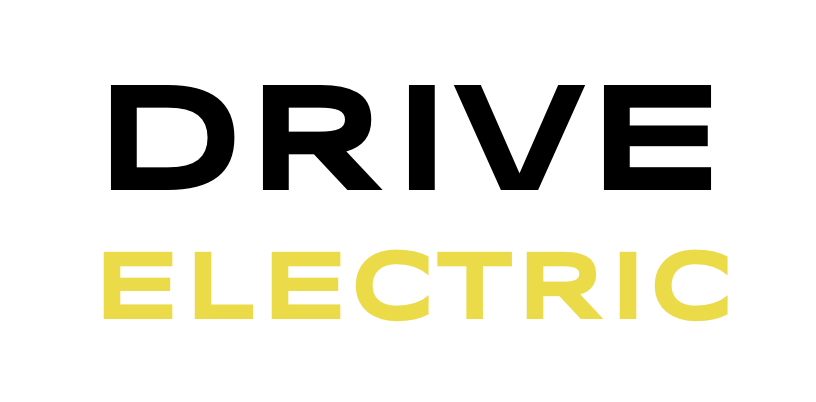While car brands in South Africa will be hoping for tax breaks to stimulate EV demand among consumers, the government’s policies will likely focus primarily on boosting local EV and EV parts manufacturing in the immediate future.
The first government-backed financial measures related to EVs are expected to be announced by finance minister Enoch Godongwana in the 2024 Budget on Wednesday, 21 February 2024.
Although local demand for EVs might still be relatively low, all the world’s biggest carmakers plan to completely switch to fully-electric models over the next decade or two.
South Africa’s vehicle manufacturing industry risks falling behind, as the primary market for our exports — Europe — is planning an outright ban on sales of new internal combustion engine (ICE) cars from 2035.
The National Automobile Association of South Africa (Naamsa) has pleaded with government to implement policies that could bolster the gradual transition of local vehicle production plants from petrol and diesel model manufacturing to EV manufacturing.
Its members — which include BMW, Mercedes-Benz, Ford, Toyota, and Volkswagen — stand to lose substantial export sales if they can’t rapidly adapt their production lines for EVs.
In 2023, local manufacturers exported a record 396,290 cars, which equals 74.8% of the new vehicles sold in South Africa in the same year.
Cars prepared for export from the Durban harbour in March 2021. Credit: yoamod / Shutterstock.com
The Department of Trade, Industry, and Competition’s (DTIC’s) long-awaited White Paper on EVs, published in early December 2023, laid out a long-term road map for EVs in South Africa.
The first phase of the plan entails securing manufacturing and export contracts for local producers.
As part of these incentives, government plans to lower the import tariffs on batteries used in EVs, among other incentives.
Although these measures could push down the prices of EVs to be manufactured locally in the future, there is no guarantee that such cars would be sold to South Africans.
The only two plug-in hybrid models currently made in the country — one from BMW and another from Mercedes-Benz — are strictly made for export markets.
Nevertheless, these measures could ensure South Africa remains a viable location for the cost-effective production of cars sold in other markets.
Phase Two will focus on retail market
Only in the second phase of the EV roadmap will the sales of the cars in the local retail market be encouraged.
The government must balance the interests of vehicle dealerships without local production capabilities and those with manufacturing plants that also rely on local sales.
Cutting the taxes on EVs imported into the country too early could severely impact local plants, which don’t yet have the capability to launch compelling offerings to South African consumers.
According to trade minister Ebrahim Patel, local plants will only be ready to make the first mass-produced EV model by 2026.
While Patel didn’t provide a finite timeline for EV tax breaks that will benefit consumers directly, this date suggests consumers shouldn’t expect substantial incentives for at least the next two or three years.
A further complication is the country’s energy crisis, making widescale EV adoption less attractive, particularly for those without solar power systems.
In large volumes, EVs will add a significant burden to Eskom’s grid unless it has substantial support from self-generating customers.
Ebrahim Patel, minister of Trade, Industry, and Competition.
There is a common misperception among South Africans that all internal combustion engine (ICE) cars imported into the country are slapped with an 18% import tax, compared to 25% for EVs.
However, Volvo Cars South Africa CEO Greg Maruszewski previously explained to MyBroadband that this was not the case.
“It is only EVs from Europe that are disadvantaged in terms of taxation versus ICE cars from Europe,” Maruszewski said. “EVs manufactured elsewhere attract the same duties as other ICE cars.”
The reduced 18% import tariff applies to Europe as part of a preferential agreement between the bloc and South Africa.
For all vehicles sourced from the rest of the world, an import tariff of 25% applies. Despite these higher taxes, cars made in China and India are selling well in South Africa.
Because of the comparatively higher prices of EVs, an ad valorem (luxury) tax is also more likely to apply to them.
Volvo — which does not have any local manufacturing plants — is nonetheless hoping for the government to provide some sort of EV subsidy to carmakers or consumers.
This could come in the form of VAT or duty reductions, or tax credits.
Volvo is also looking to subsidise purchases during the early years of adoption to help keep South Africa on the same EV path as the rest of the world.
“I have no doubt that most — if not all — manufacturers would pass on any government subsidies to the consumer,” said Maruszewski.
“It just makes sense, and the market will drive that direction.”
Naamsa previously proposed government-funded subsidies of R20,000 for conventional hybrids, R40,000 for plug-in hybrids, and R80,000 for fully electric models.
Its members have also expressed willingness to match these subsidies, which could reduce the price of a fully electric car by up to R160,000.
Full article HERE
(source: Mybroadband)

